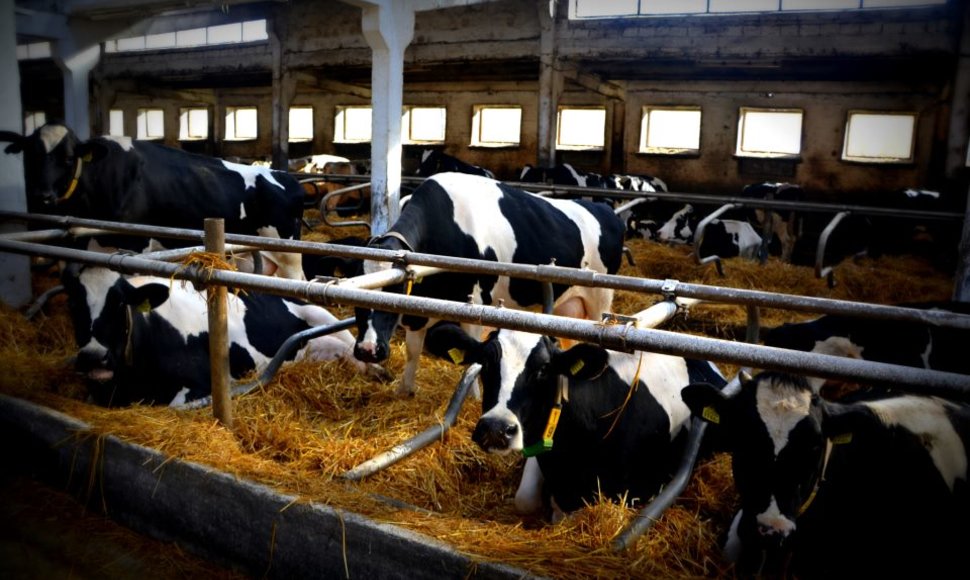"The probability is very low, but we will carry out the tests. Currently, we have one horse slaughterhouse in Lithuania, which slaughters 160 horses monthly and ships the meat to Italy. Nobody in our country is interested in horsemeat and nobody is buying it," Gintautas Čereška, the deputy head of the service's Veterinary Sanitary Department, told BNS.
With 97.5 percent of beef consumed in Lithuania being produced domestically, there is little likelihood of importing beef with traces of horsemeat from abroad, he added.
Amid a scandal over mislabeled horsemeat in Western Europe, the European Commission decided on Thursday that all EU member states should carry out DNA tests on beef products for traces of horsemeat.












